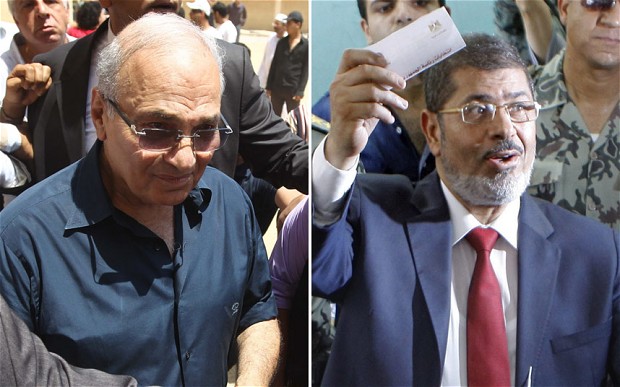The death toll from the Israeli attack on the Al-Ahly Baptist Hospital in the Gaza Strip on Tuesday evening has risen to 800, according to the Palestinian Ministry of Health. The hospital, which was used as a shelter for thousands of displaced people, was hit by several missiles that caused massive destruction and casualties. Dozens of wounded civilians, mostly women and children, were also reported.
Egypt strongly condemned the attack in a statement issued by its Ministry of Foreign Affairs on Tuesday evening. It said that the attack was a serious violation of international humanitarian law and the basic values of humanity. It urged Israel to stop its policies of collective punishment against the people of Gaza and to stop targeting the Rafah border crossing to allow humanitarian aid to enter the besieged enclave. It also called on the international community, especially the major and influential countries, to intervene to stop these violations and to condemn them without reservation.
Meanwhile, Jordan announced on Tuesday that it will host a four-way summit on Wednesday in Amman, with the participation of Egyptian President Abdel Fattah Al-Sisi, US President Joe Biden, Jordanian King Abdullah II, and Palestinian President Mahmoud Abbas. The summit aims to discuss the grave developments in Gaza and their implications for the region. However, following the Israeli strike against the hospital in Gaza, there are doubts that Abbas will join the summit, which may jeopardize its prospects.
Moreover, at least 40 Palestinians were killed and dozens wounded on Tuesday by Israeli shelling of a house in Khan Yunis, south of the Gaza Strip, amid a relentless Israeli offensive that has sparked international condemnation and calls for a ceasefire. Israel also bombed areas of southern Gaza and warned Palestinians to flee ahead of a possible ground invasion. Meanwhile, mediators faced difficulties in breaking the impasse over humanitarian aid to millions of civilians in the besieged enclave, who have been suffering from shortages of food, water, medicine, and electricity.
The escalation of violence along Israel’s border with Lebanon has also raised concerns of a wider regional conflict that diplomats are trying to prevent.
The Jordanian king will hold separate meetings with President Al-Sisi and his American and Palestinian counterparts, where the discussions will focus on ways to stop the ongoing war on Gaza and the urgency of its consequences for the region and ensure the delivery of humanitarian and relief aid to the Strip.
President Abdel Fattah Al-Sisi and Pedro Sanchez, the prime minister of Spain, which holds the current presidency of the European Union, expressed serious concern about the continued escalation of violence in the Gaza Strip and the accompanying deterioration of the security and humanitarian conditions there.
This came during a phone call from Sanchez to Al-Sisi on Tuesday about the situation in Gaza.
The spokesperson of the presidency, Ahmed Fahmy, said that the two leaders stressed the need to coordinate international efforts to urge the parties to cease hostilities to prevent further loss of innocent civilian lives and prevent the security repercussions of the conflict from spreading to the entire region.
President Al-Sisi also emphasized the need for the international community to join forces to ensure access to humanitarian services and assistance provided to the Palestinian people in Gaza, as well as to push for addressing the root causes of the escalation by reaching a just, comprehensive, and lasting solution to the Palestinian issue.
President Abdel Fattah Al-Sisi also received phone calls from Cypriot President Nicos Christodoulides and Japanese Prime Minister Fumio Kishida on Tuesday within the framework of ongoing consultations regarding the current developments in Gaza. They agreed on the seriousness of the situation given its severe humanitarian impact on civilians, as well as its potential to destabilize the region.
In this regard, Al-Sisi reviewed Egypt’s tireless efforts to achieve calm, as well as to provide and facilitate humanitarian assistance to Gaza.
Foreign Minister Sameh Shoukry said that attempts to misrepresent Egypt’s stance on the Rafah crossing are “unacceptable,” noting in media statements that the crossing was bombed by Israel four times, and therefore cannot operate normally.
Shoukry added that the Rafah crossing has not been officially closed by the Egyptian authorities since the start of the crisis in Gaza. He emphasized that Egypt is working with all parties to reach an agreement to send aid to Gaza, saying: “We are in constant contact with UN organizations to find a way to open a safe corridor for humanitarian assistance. But so far, no agreement has been reached with the other side on the crossing.”
Shoukry also condemned Israel’s call for displacement to the south as “completely contrary to international humanitarian law,” and said that leaving people without water, electricity, and food also violates international norms.


